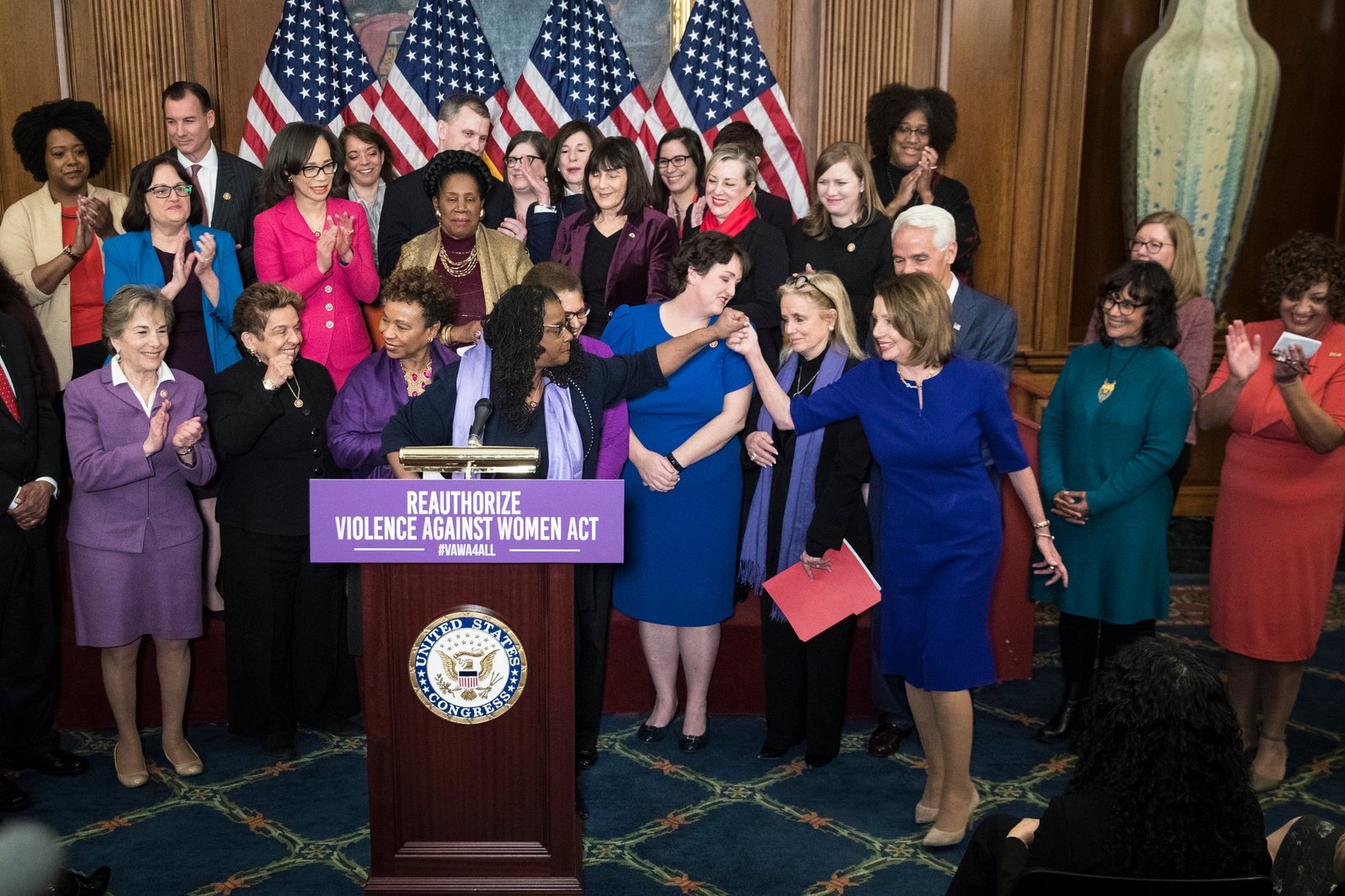The Violence Against Women Act (VAWA) is a powerful legal tool in the United States designed to protect victims of domestic violence, sexual assault, and stalking. While most discussions around VAWA focus on how it safeguards victims, it is equally important to understand how VAWA afecta al abusador. This law doesn’t just provide remedies for survivors; it carries significant legal, social, and personal consequences for abusers.
In this article, we will explore how VAWA afecta al abusador, detailing legal repercussions, immigration implications, social consequences, and long-term effects, in a comprehensive, humanized way.
What is VAWA?
The Violence Against Women Act, enacted in 1994, is a federal law aimed at preventing violence against women and supporting victims. VAWA provides resources for victims, including legal assistance, housing protection, counseling, and immigration relief.
However, VAWA also holds abusers accountable, ensuring that they face the consequences of their actions. Understanding how VAWA afecta al abusador requires examining both the legal framework and the practical enforcement of the law.
Legal Consequences for Abusers Under VAWA
One of the most direct ways VAWA afecta al abusador is through the criminal justice system. Abusers can face various legal consequences depending on the severity of their actions:
-
Criminal Charges: Domestic violence, sexual assault, or stalking can result in criminal charges, including fines, probation, or imprisonment.
-
Restraining Orders: Victims may obtain protective orders against abusers, restricting contact or requiring the abuser to leave shared homes.
-
Mandatory Counseling: Courts can mandate anger management or domestic violence counseling for abusers.
-
Criminal Record: A conviction under VAWA provisions results in a permanent criminal record, affecting employment, housing, and professional licenses.
Through these legal mechanisms, VAWA afecta al abusador by making it clear that violent behavior carries serious consequences.
Immigration Implications for Abusers
VAWA is particularly significant for immigrants, as it provides pathways for victims of domestic violence to obtain independent legal status without the abuser’s knowledge. However, for abusers, the law can be devastating:
-
Loss of Immigration Privileges: If the abuser sponsored a spouse or family member for a visa or green card, the abusive behavior can jeopardize that process.
-
Deportation Risks: Abusers may face removal proceedings if their actions violate U.S. law, particularly in cases involving non-citizen victims.
-
Ineligibility for Future Sponsorships: Abusers may be barred from sponsoring future family members for immigration benefits.
These factors show clearly how VAWA afecta al abusador, especially in immigrant communities, where legal consequences extend beyond traditional criminal penalties.
Civil Consequences of Abuse
Beyond criminal and immigration penalties, abusers face civil repercussions under VAWA:
-
Loss of Custody or Visitation Rights: Courts prioritize the safety of children and may limit or deny access to abusers.
-
Financial Liabilities: Abusers may be required to pay child support, spousal support, or restitution for damages caused by the abuse.
-
Eviction or Housing Restrictions: Victims can obtain exclusive rights to shared residences, forcing abusers to find alternative housing.
By imposing civil liabilities, VAWA afecta al abusador in everyday life, making it difficult to ignore the impact of their actions.
Social and Community Consequences
The effects of VAWA extend beyond the courtroom. Abusers experience social consequences, including:
-
Stigmatization: Communities and social circles often ostracize abusers after their actions are revealed.
-
Employment Challenges: A criminal record or restraining order can harm career prospects.
-
Relationship Strains: Abusers may lose connections with friends, family, or coworkers who refuse to tolerate violent behavior.
Through these social pressures, VAWA afecta al abusador in subtle but significant ways, reinforcing accountability and promoting cultural awareness around abuse.
Psychological and Emotional Impact on Abusers
While the primary focus of VAWA is victim protection, abusers also experience psychological consequences:
-
Guilt and Shame: Legal and social repercussions can trigger feelings of remorse and self-reflection.
-
Mandatory Counseling Outcomes: Participation in counseling or rehabilitation programs may lead to behavioral changes or acknowledgment of harmful actions.
-
Isolation: Loss of personal freedom, social standing, and family connections can lead to emotional distress.
Understanding the psychological aspect highlights another dimension of how VAWA afecta al abusador, emphasizing that the law encourages both accountability and potential rehabilitation.
Case Studies: Real-Life Examples
Several cases illustrate how VAWA afecta al abusador in practical terms:
-
Immigrant Spouse Abuser: A non-citizen who abused their spouse lost their sponsorship privileges, faced deportation proceedings, and was barred from future family sponsorships.
-
Domestic Violence Offender: An abuser convicted under VAWA provisions received a restraining order, lost custody of children, and had mandatory counseling imposed, ultimately impacting employment and social life.
-
Financial Liability Case: An abuser forced to pay restitution and housing costs experienced significant economic strain, highlighting civil accountability under VAWA.
These examples demonstrate how abusers face multidimensional consequences under the law.
How VAWA Empowers Victims While Limiting Abusers
The dual nature of VAWA ensures that victims are empowered and abusers are held accountable. Victims gain access to:
-
Legal assistance and advocacy
-
Emergency housing
-
Counseling and support services
-
Immigration relief independent of the abuser
At the same time, VAWA afecta al abusador by creating legal barriers, financial consequences, social stigma, and restrictions on freedoms, effectively reducing opportunities for continued abuse.
Common Misconceptions About VAWA and Abusers
Some people believe that VAWA only protects women and ignores men or abusers. In reality:
-
VAWA Protections Are Gender-Neutral: Any victim of domestic violence, regardless of gender, can seek relief.
-
Abusers Are Held Fully Accountable: VAWA ensures that abusers cannot exploit the system to continue abusive behavior.
-
Focus on Prevention: By limiting abusers’ access to victims and providing rehabilitation resources, the law encourages long-term behavioral change.
These points reinforce how VAWA afecta al abusador, making the law both protective and corrective.
Rehabilitation and Behavioral Change for Abusers
One critical goal of VAWA is to prevent recurring abuse. Legal systems often incorporate rehabilitation:
-
Court-Mandated Programs: Anger management, domestic violence counseling, and educational programs aim to correct behavior.
-
Monitoring and Follow-Up: Some jurisdictions require periodic check-ins or probation oversight.
-
Behavioral Accountability: Abusers learn to recognize their actions, take responsibility, and prevent future harm.
By integrating rehabilitation, VAWA afecta al abusador not only through punishment but also through structured pathways toward reform.
VAWA and Repeat Offenders
For repeat abusers, VAWA carries heightened consequences:
-
Increased Legal Penalties: Repeat offenses can lead to longer prison terms, stricter restraining orders, and heavier fines.
-
Enhanced Social Scrutiny: Communities are less likely to forgive or overlook repeated abusive behavior.
-
Immigration Complications: Repeat offenses can result in permanent bars for sponsorship or immigration relief.
The law’s design ensures that VAWA afecta al abusador more severely for repeated violations, emphasizing prevention and protection.
Conclusion: Understanding How VAWA Afecta al Abusador
VAWA is more than a victim protection law; it is a comprehensive system that holds abusers accountable on multiple fronts. From criminal and civil consequences to social, immigration, and psychological effects, VAWA afecta al abusador in profound ways.
By understanding the full scope of these impacts, we can appreciate how VAWA balances support for victims with accountability for abusers, promoting safer communities and encouraging behavioral change.
Ultimately, VAWA afecta al abusador by enforcing legal responsibility, creating social accountability, and reducing opportunities for ongoing abuse, while simultaneously providing victims with the tools and resources to reclaim their lives.


